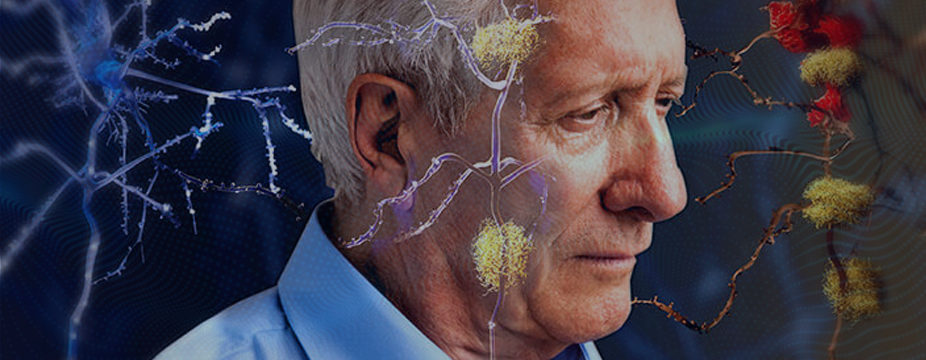|
Getting your Trinity Audio player ready...
|
It is considered all over the world that 44% of the population between the mid-’30s and ’60s tend to suffer from dementia or Alzheimer’s. A ‘Mild cognitive impairment – is a stage where people have a slight decline in memory; thoughts; language; personal information; connections; and loss of thread of conversations. Only 16% undergo diagnosis at the right stage after detection as the scalability and readability of the disease consume a lot of time. In this article, we will discuss how machines trained with artificial neural networks can provide better predictive results in offering the right diagnosis for Alzheimer’s.
Challenges in detecting Alzheimer’s at its early stages
The traditional medical methods or tools used by medical practitioners in identifying the existence of Alzheimer’s have less accuracy, reliability, and scalability. While following traditional memory assessment tests, they may commit errors or make biased decisions, based on their previous work experience. To test the accuracy levels of prediction between humans and machines, world-leading medical universities conducted a study. And before conducting the study, machines are fed and trained with various images indicating the presence and absence of the disease. To process images and detect the presence of Alzheimer’s, expert pathologists took around twenty minutes and identified it with 68% accuracy. Whereas the machine, integrated with an artificial neural network, identified the same result with 80% accuracy in two minutes. Hence, it proves that the AI system can better diagnose the patient’s MRI images with more accuracy than humans.
Developing a predictive model using an AI algorithm to detect Alzheimer’s.
Similarly; the tools built with AI integrated predictive model can predict the presence of Alzheimer’s with more accuracy by image processing through live image tests. The tests screen the cognitive brain health of the individual based on the responses recorded. The supervised machine learning processes the screened images through serval artificial neural networks to identify the presence of the disease based on the historical images used to train the machine. And how does the presence or absence of cognitive impairment is related to the chance of having Alzheimer’s? It is considered that people having cognitive impairment caused due to substance abuse, physical injury, and idle neurons may lead to abnormal neurotransmissions or deformation of neurons, which may develop Alzheimer’s in old age or early middle age due to impaired memory.
Can AI be a solution in diagnosing neural health conditions?
The basis of screening using an AI algorithm is the MRI scan reports, clinical data, and genetics. The algorithm can detect accurate symptoms; which further may lead to Alzheimer’s.
The pre-detection of Alzheimer’s based on early symptoms has always been a trial-and-error practice. Many developers researched to develop AI algorithms that can help in identifying Alzheimer’s in the early stages. Enhanced AI systems can help in choosing the right pathways for treatment or eradicate the causes that may lead to Alzheimer’s in the future date. A research unit based in the Netherlands 2016 developed a training algorithm to recognize various patterns in brain imaging, to identify the degradation of brain tissue. Algorithms can differentiate symptoms of Alzheimer’s from two other dementia diseases that have similar symptoms during the early stages. Which helps in Significantly detecting Alzheimer’s presence.
Currently, there are very few ways to detect Alzheimer’s, and the best possible solution is prevention. As prevention is better than cure, the individual can develop and change daily life habits for better health. By enacting AI tech applications in medical diagnoses, better treatment is provided by guiding patients through structured pathways to cure disease in the short term. The more effectively the AI tools are used in screening, the more accurate they become in delivering the results. The supervised learning and predictive models of machine learning, artificial neural networks, and AI algorithms are been prominently used to study the mental and physical health conditions of individuals. As researchers are developing and researching for new pathways to treat Alzheimer’s as early as possible, it reduces the chance of the occurrence of the disease in the future date. If you resonate with our article please share your thoughts.
If you need any help with idea validation, proof-of-concept, Data Science consulting, large-scale AI implementation, Big Data Engineering, or a creative solution for your AI In Predicting And Diagnosing data. You are at the right place.
Talk to our experts

